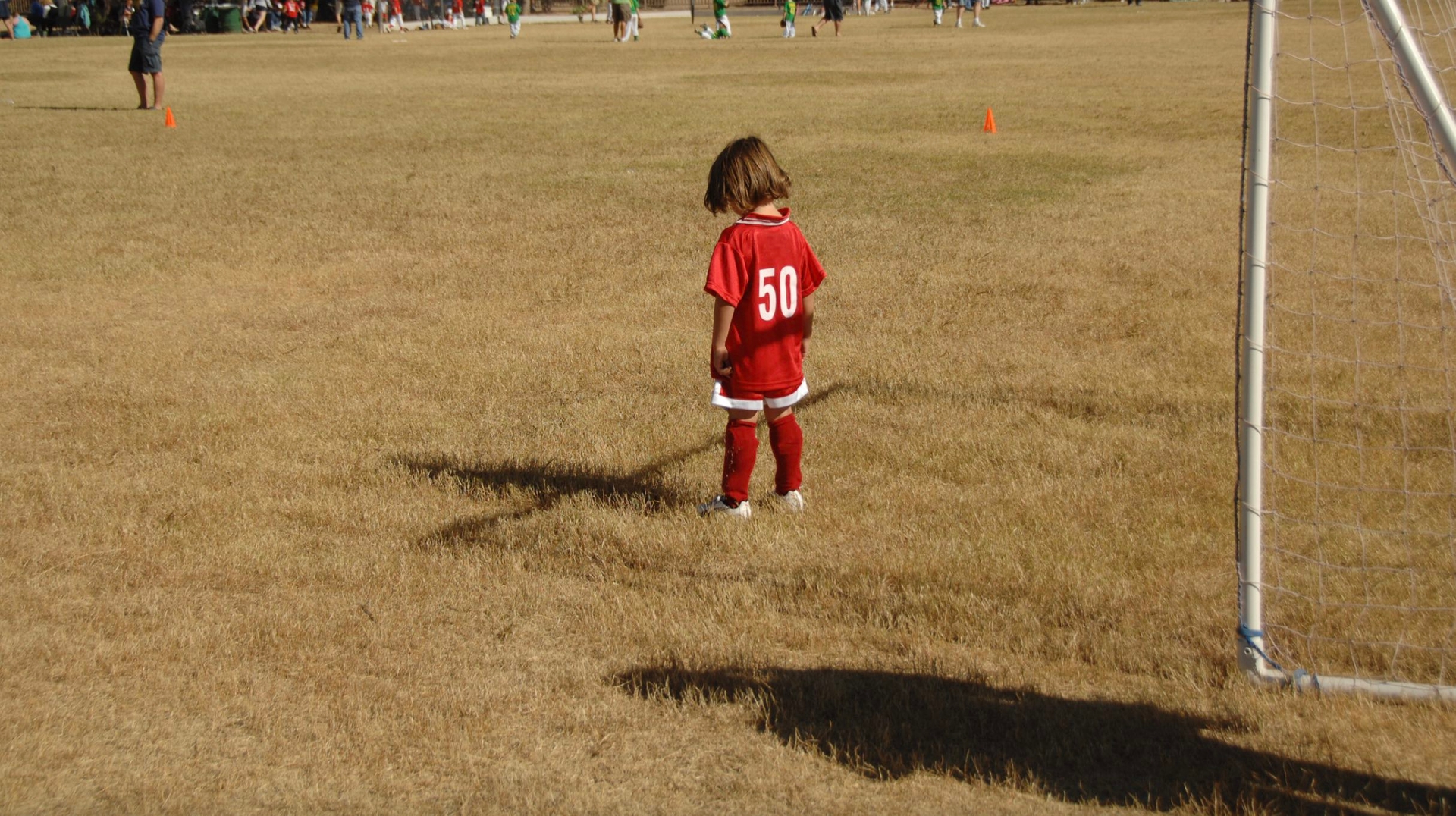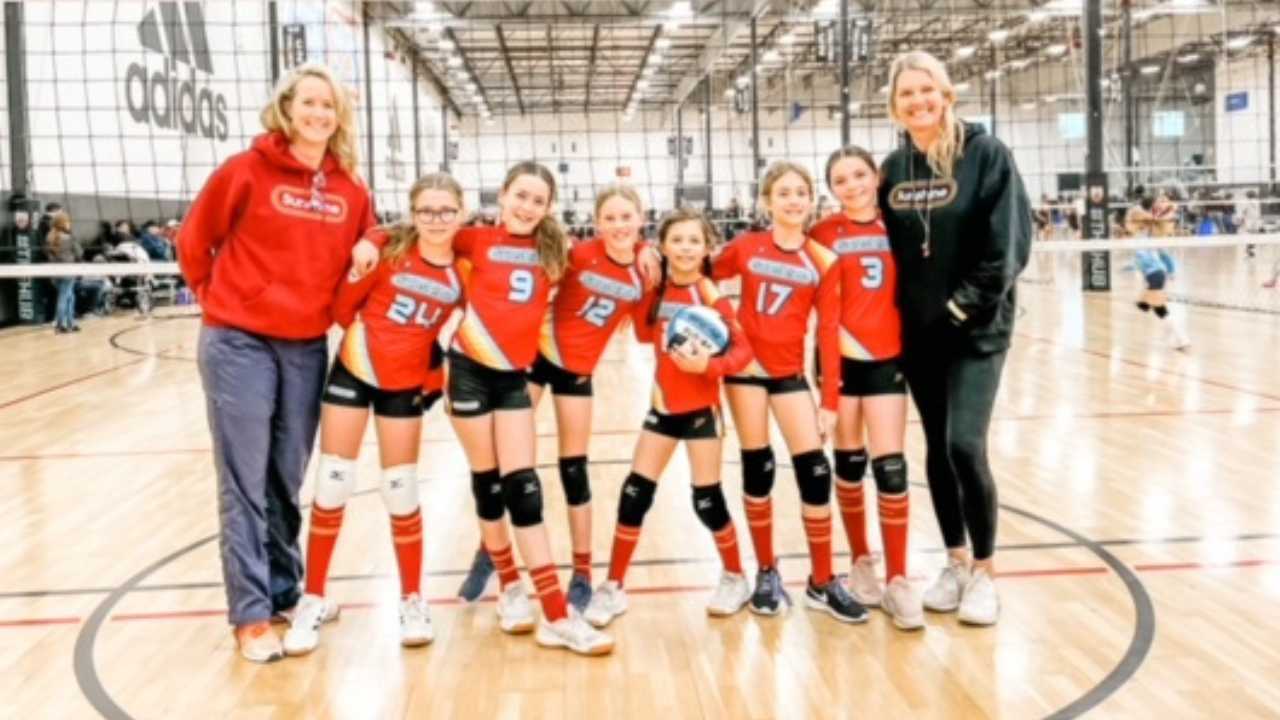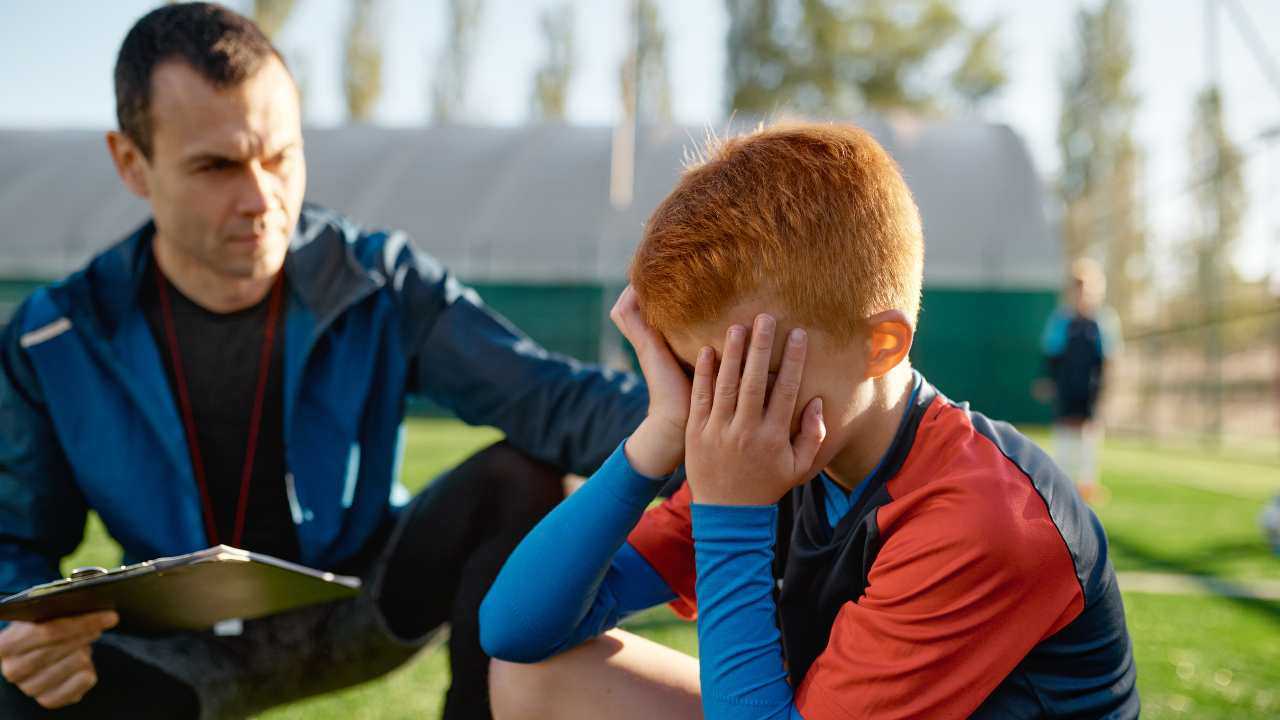Failure As a Positive Motivator
How to help kids—and parents—understand the true value of failure
Dr. Andrew Jacobs
| 3 min read

Failure has always been a part of life, but just because someone fails or succeeds at an early age, you can’t simply assume they’re going to approach a game, an assignment, or a challenge with the same mindset in the future. Again, parents and coaches should make sure to ask the right questions: What happens when you fail? What did you learn that will help you succeed next time? How do you feel about yourself?
Then there is the chicken or the egg question: Do you have to be confident to be successful, or do you have to be successful to be confident?
You can’t win unless you learn how to lose. –Kareem Abdul-Jabbar
The simplest applicable definition of confidence is “belief in oneself and one’s powers or abilities.” If you’re confident, you’re going to feel good about yourself regardless of whether you win or lose. If you are confident but you fail, you will know you can come back the next time and have a chance to succeed. But look at the flip side. If you have to use success as a basis for confidence, then what happens to that belief, that certainty when you fail? It heads straight down the tubes.
If your confidence is built on a foundation of positive reinforcement, you will approach difficult situations secure in the knowledge of your abilities either way – regardless of the outcome.
Again, it’s about treating success and failure identically, especially when dealing with a young athlete. Losses hurt and failure is hard; nobody would suggest otherwise. But don’t spend too much time on the pain and the difficulty when discussing things with your young athlete. Teach him or her to look at those times as chances to learn and to grow.
Take a young softball player who strikes out. Striking out may be one of the clearest instances of failure in sports. As a coach or a parent watching her cry as she heads back to the dugout, tell her that it’s OK to strike out, that it’s part of the game! Instead of admonishing this player for a small failure or for crying about it, ask, “What did you learn from striking out?” Hopefully, the response is something specific she can work on. If not, gently help her see an area for personal improvement – it’s OK if you as a coach or parent need to help guide her to that learning, especially if she’s still young or new to the sport. However it occurs, if the softball player can learn something that will help her with her next at-bat, then striking out was a successful failure.
Excerpted from Just Let Them Play: Guiding Parents, Coaches and Athletes Through Youth Sports. One of the country’s most respected sports psychologists, Dr. Andrew Jacobs works with athletes of all ages, from youth athletes to collegiate, professional and Olympic competitors.




